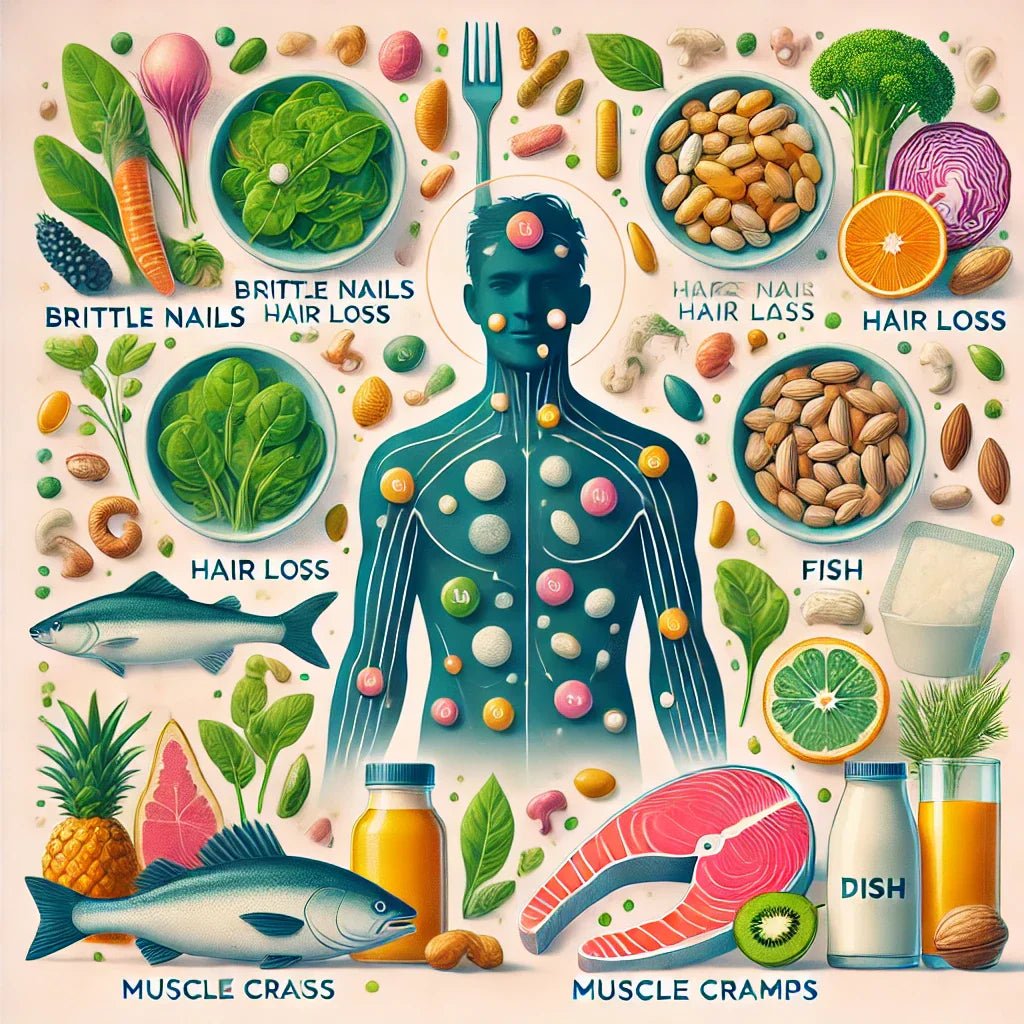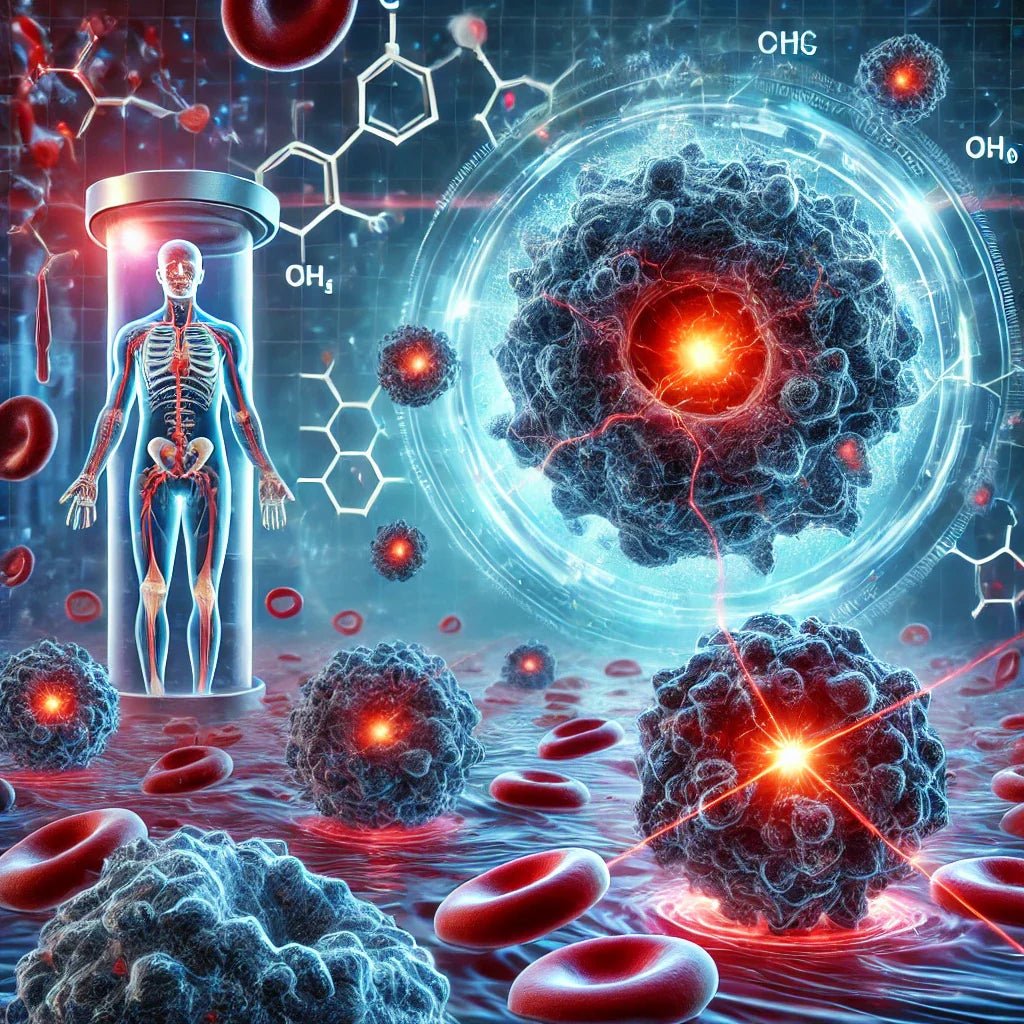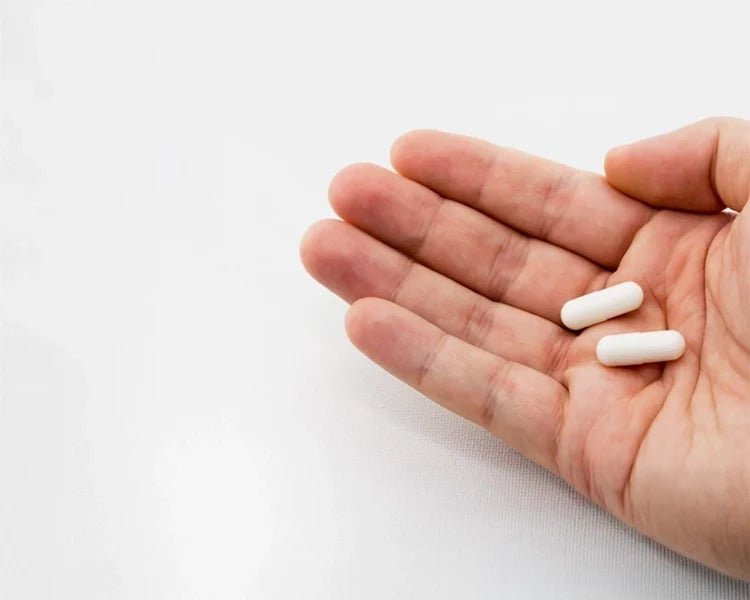People with experience of cancer are a special group of patients who require therapeutic support from various specialists. Among them, a complementary but important role is played by a DIETITIC who, working with the sick person, will support the patient's treatment and recovery process, strive to improve the quality of his life and avoid recurrence in the future.
Nutrition education
The basic role of a dietitian in pre-cancer care is nutritional education aimed at explaining the relationship between the diet, quantity, quality and type of products consumed as well as the food preparation technique used and the risk of developing lifestyle diseases, including cancer. The dietitian will explain step by step what the assumptions of the anti-cancer diet are, indicate the optimal energy and macronutrient value of the diet, teach how to compose meals, verify the need for supplementation and, above all, answer the patient's questions. It will also motivate you to improve your eating habits. Depending on the dietitian's work model and the patient's needs, each specialist will conduct education slightly differently, using various tools, such as: a nutritional plan, a list of recommendations, a table facilitating the selection of products, or even accompanying people while shopping for food products. Taking a holistic approach to cancer prevention into account, the dietitian will pay attention to other lifestyle elements: such as physical activity, avoiding stimulants, working on stress control and "good sleep".
Identification of nutritional status abnormalities
A person's nutritional status affects both the risk of developing cancer and the final outcome of their treatment. On the one hand, excessive body weight, especially abdominal obesity, significantly increases the risk of cancer, and on the other, it is observed that many patients struggle with malnutrition already at the time of diagnosis of cancer. Epidemiological observations show that poor nutritional status of a patient worsens his response and tolerance to treatment, accelerates the development of complications, impairs fitness and negatively affects the quality of life and chances of survival. It is estimated that in up to 20% of patients, the direct cause of death is not cancer, but the resulting malnutrition.
Therefore, one of the basic activities that a dietitian performs during a visit to the office is to assess the patient's nutritional status. It can be done using various methods: weighing and measuring the patient, analyzing his laboratory test results or conducting a detailed interview.
Dietitians usually use specialized weight and body composition analyzers in their work, operating on the principle of bioelectrical impedance or air plethysmography. These analyzes are non-invasive, easy to perform and applicable to most patients, and provide information not only about body weight, but above all about the estimated amount of muscle mass, water, fat tissue, protein and minerals that make up the body. Monitoring changes in these components over time allows you to better control your nutritional status and select diet therapy. Although the measurement of body circumference does not reflect its composition, due to its simplicity, it is usually performed as a complement to the patient's anthropometric assessment.
Improper nutritional status is not only about too low or high body weight. This is also a situation in which nutritional deficiencies are observed - these will be verified by a dietitian both on the basis of blood tests and by conducting a health and nutritional interview.
ATTENTION!!! A dietitian is not authorized to make a diagnosis. His analysis of medical records and laboratory test results serves to properly plan dietary therapy. However, if the dietitian notices anything disturbing in the patient's test results, he will definitely refer him to an appropriate specialist.
Development of a personalized diet therapy plan
The key element of cooperation between a dietitian and a patient with experience of cancer is to specify the assumptions of the diet and, in situations requiring it, to balance the menu. Before developing a diet therapy plan, the dietitian conducts an extensive interview with the patient, asking him about various aspects of eating. He asks questions about the amount and type of food products that the patient usually eats, as well as issues related to meal preparation, time of consumption, preferences and organizational possibilities.
Based on the nutritional interview, it is easier for the dietitian to personalize recommendations or menus, identify incorrect eating habits and prioritize the order in which they should be changed.
Usually, the nutritional interview is preceded by questions about the occurrence of chronic diseases (current and past), disorders, abnormalities in laboratory tests, medications and supplements taken. Information about allergies or observed food intolerances is also important. Based on the health interview, the dietitian not only makes a decision regarding the assumptions of diet therapy, but also tries to predict what possible problems, e.g. nutrient deficiencies, gastrointestinal ailments, the patient may encounter in connection with the undertaken/completed treatment. The dietitian will also assess whether a given person is able to meet the demand for calories and other nutrients in a traditional way (with conventional meals). If it is determined that the patient cannot eat sufficient amounts of food, the dietitian will help select the optimal nutritional preparation (so-called medical nutrition, oral food supplements).
Help in the fight against ailments and side effects of treatment
Most patients undergoing chemotherapy, radiotherapy or surgery experience ailments that significantly impair their daily functioning, affect their diet, and thus increase the risk of malnutrition. These may include primarily:
- nausea, vomiting,
- bowel rhythm disturbances,
- loss of appetite,
- pain when swallowing or swallowing problems,
- change in the sense of taste and smell,
- decreased amount of saliva produced, dry mouth,
- food intolerances,
- metabolic disorders.
The role of a dietitian is to help in selecting food products that will be best tolerated in a given situation and to provide education on techniques for dealing with ailments. Due to the fact that therapeutic diets are often associated by patients with visually and tasteless meals, many specialists devote a lot of attention to convincing the patient (and his family) to experiment in the kitchen, test new recipes and pay attention to the appearance and form of serving the dish.
Małgorzata Moszak
Literature:
- Muscaritoli M, Arends J, Bachmann P, Baracos V, Barthelemy N, Bertz H, Bozzetti F, Hütterer E, Isenring E, Kaasa S, Krznaric Z, Laird B, Larsson M, Laviano A, Mühlebach S, Oldervoll L, Ravasco P , Solheim TS, Strasser F, de van der Schueren M, Preiser JC, Bischoff SC. ESPEN practical guideline: Clinical nutrition in cancer. Clin Nutr. 2021 May;40(5):2898-2913. doi: 10.1016/j.clnu.2021.02.005.
- Beirer, A. Malnutrition and cancer, diagnosis and treatment. memo 14 , 168–173 (2021). https://doi.org/10.1007/s12254-020-00672-3






